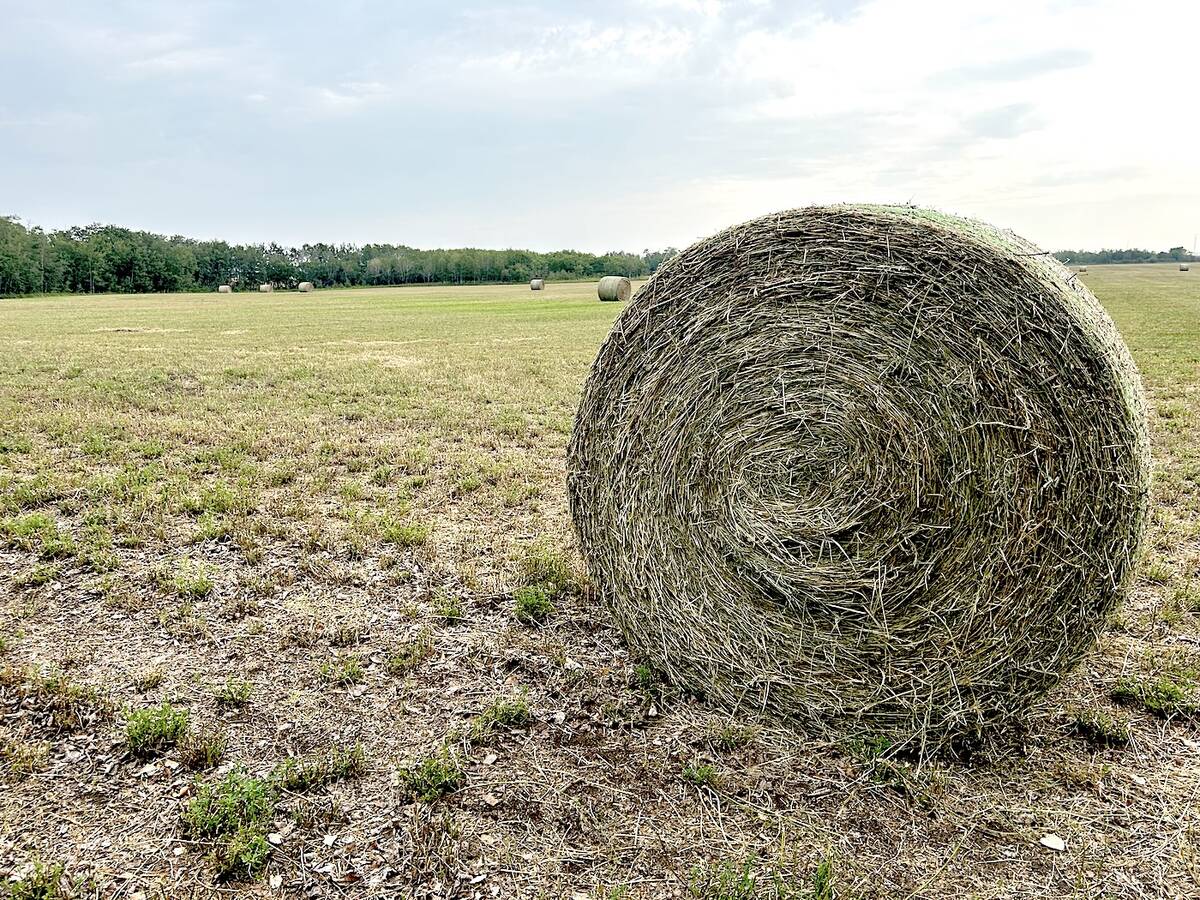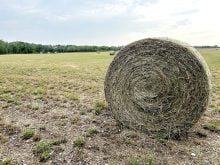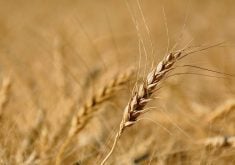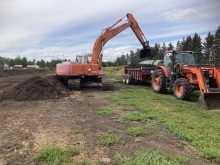Climate change is already affecting barley yields in southern Minnesota, and climate change may move the crops range further north, says a University of Minnesota Extension small-grains specialist.
Jochum Wiersma says a group of researchers from the university analyzed three decades of the variety Robust’s yield trial and weather data from the university’s Research and Outreach Centers in Morris (MN) and Crookston.
Robust barley is one of the most successful variety releases from the University of Minnesota. Developed 30 years ago, it has dominated the six-row malting barley acreage for nearly as long.
Read Also

Alberta has adequate feed supplies going into winter
Hay yields across Alberta were varied, but one expert says feed supplies are in strong supply for Alberta producers for the upcoming winter.
A university release says the analysis showed that climate has had an impact on Robust’s yield over this period, with a stronger impact in Morris than in Crookston, Minnesota.
The group concluded that barley was still within its climatic tolerance at Crookston, whereas barley at Morris is growing in an environment that is closer to its climatic limits. However, if growing-season temperatures are to increase further, as some of the records are already pointing toward and as has been forecasted by climate-change models, the expectation is that the southern edge of the barley growing region will move north because barley is no longer well-suited for Minnesota.














